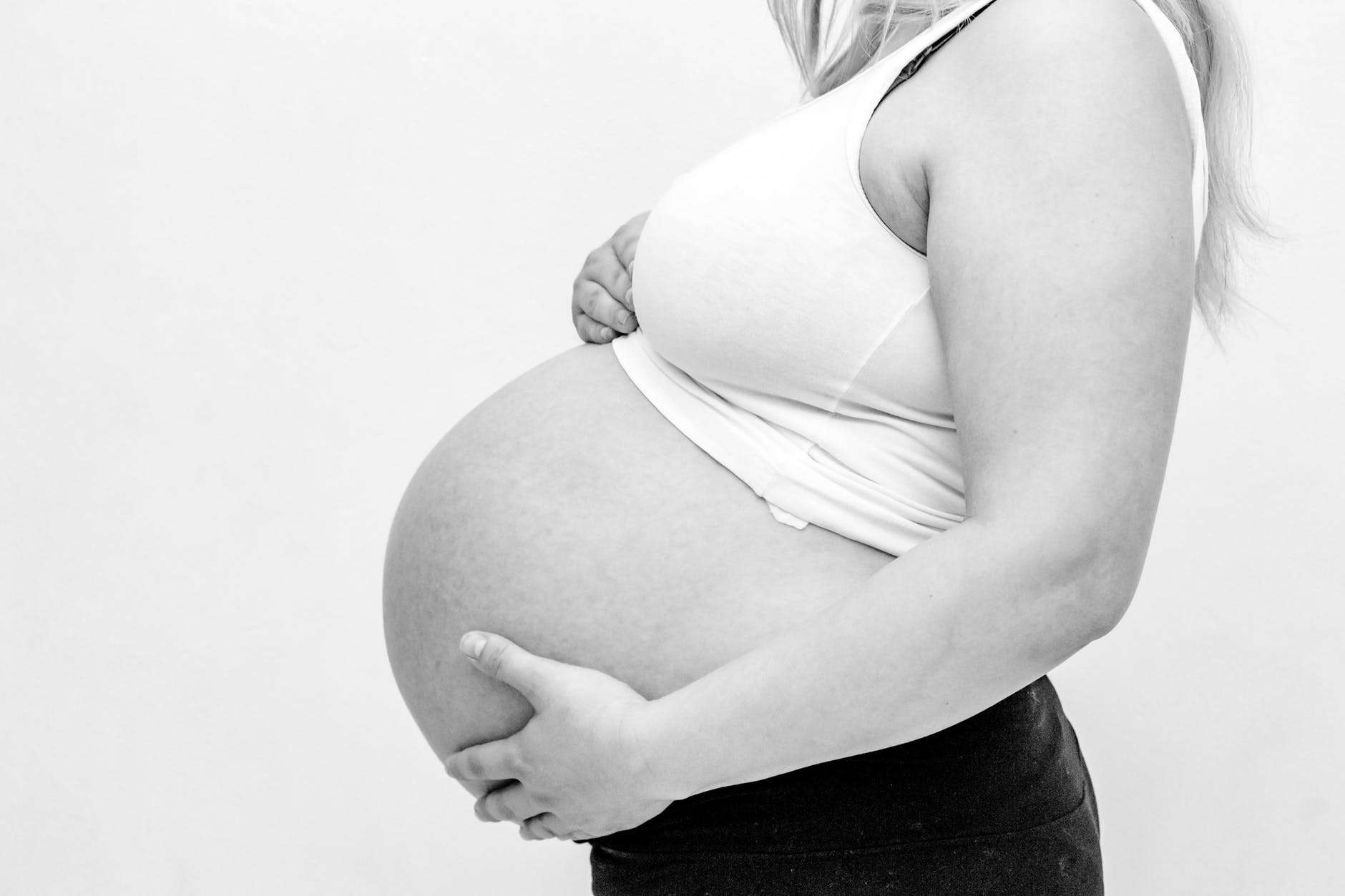COVID-19 and pregnancy: Some things you should know
Published March 27, 2020 at 3:13 pm

Under normal circumstances, pregnancy, particularly when you’re nearing birth, can be a jumble of emotions.
But throw in a global pandemic and a virus that doctors are still struggling to understand and suddenly fear and uncertainty override any sense of excitement and joy.
The fact remains that there is still not a lot known about COVID-19. The Centre for Disease Control (CDC) says on their website they don’t know yet if COVID-19 causes problems during pregnancy or if it affects the health of the baby after birth, but so far, there have been no cases where the virus was passed on to newborns.
“No infants born to mothers with COVID-19 have tested positive for the COVID-19 virus,” the CDC stipulates.
“In these cases, which are a small number, the virus was not found in samples of amniotic fluid or breastmilk.”
The Government of Canada currently says that there is “insufficient evidence to suggest that pregnant women are at a greater risk for more serious outcomes related to COVID-19.”
They do, however, encourage pregnant women to practice diligent personal hygiene and to take the necessary precautions to prevent any kind of illness.
One thing that will look different for women at this time who are having children, is the birth experience.
Hamilton Health Sciences has a new question and answer page on their website dedicated to pregnancy and coronavirus and it allows people expecting a baby or considering pregnancy to ask questions related to the virus.
Dr. Dustin Costescu, an OB/GYN at HHS says families should prepare for their birth plans to not look like they intended.
“You should know that you will, at most, have one support person during labour,” one of Costescu’s first answers says. “In a local outbreak, even this may be restricted.”
Ultimately, if you’re nearing your time, you’ll need to rethink how you do things and how you’re going to communicate throughout the birthing process.
He also advises calling the hospital before making the decision to go there in person for almost every instance.
“If isolating or sick, call ahead so we can be ready to isolate you,” he advises.
Also, Costescu says that women who have COVID-19 have higher rates of C-section in large part because of the virus’s symptoms, so women who were planning to deliver vaginally may have to adjust their expectations if they are sick.
Women are advised to connect with their prenatal care provider to discuss upcoming visits and the possibility of limiting the number of them.
As far as getting pregnant at this time, Costescu says this is the question he is asked most and he says it’s a ‘tough’ one to answer because there are a lot of factors at play.
As the current crisis unfolds, a lot of fertility services are being put on hold until the danger passes.
“If you have medical issues where pregnancy puts you at high risk, remember that resources may be unavailable to you that would otherwise reduce your risks,” Costescu says.
Families should be asking themselves if they’re comfortable with becoming pregnant at a time when resources for prenatal care are sparse.
“No one is recommending ending a pregnancy due to COVID risks, nor is that likely to change, Costescu says.
“The existential question is whether or not to proceed with a planned pregnancy or not and we will do our best to maintain high-quality care.”
insauga's Editorial Standards and Policies advertising





